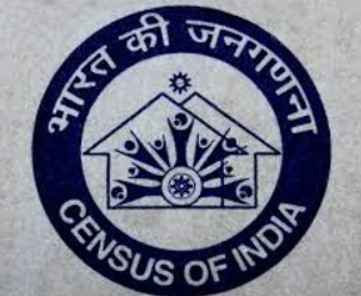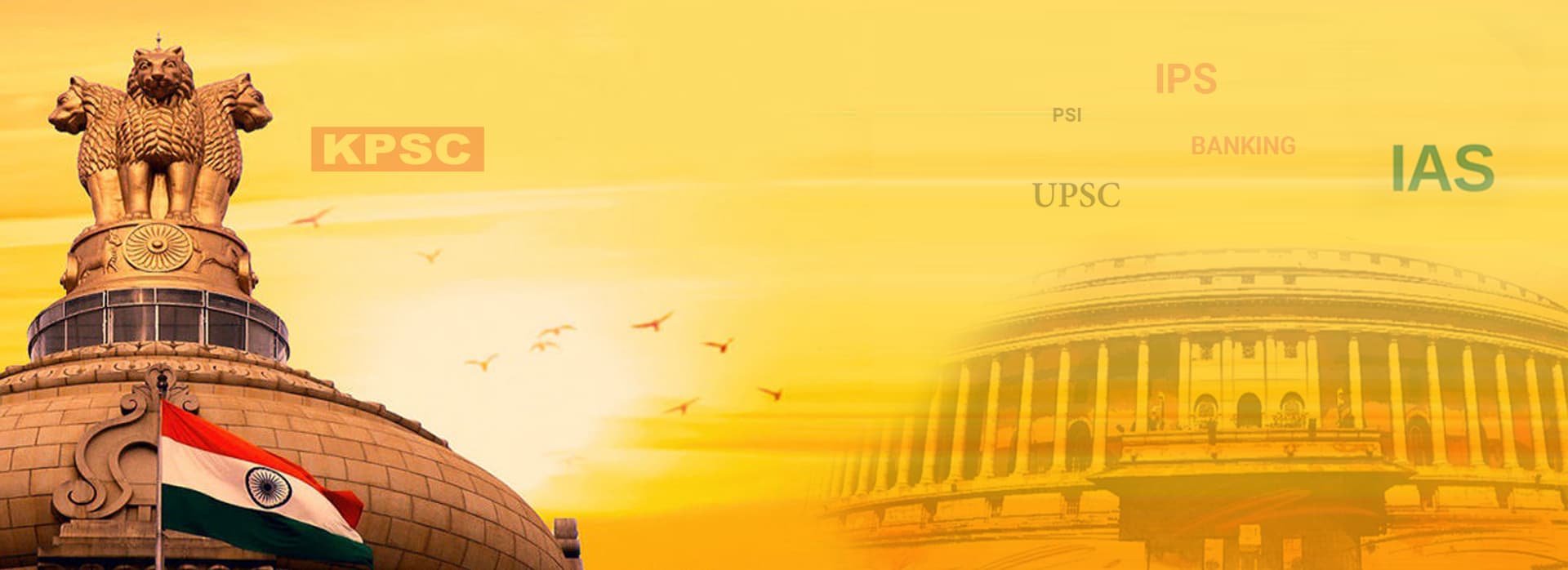Upcoming Census 2027: Reshaping India’s Political and Social LandscapeSyllabus
GS 2: Government Policies and Interventions
Why in the News?
Recently, the upcoming Census 2027, which will count the largest population in the world, has drawn national attention due to its potential to reshape India’s parliamentary representation, caste politics, revenue sharing, and political power distribution across regions.

Introduction
- Census 2027, scheduled after a delay caused by the COVID-19 pandemic, will be a turning point in Indian governance.
- This population count will shape India’s future by redefining political representation, caste equations, and federal revenue sharing.
- It marks a historic demographic shift with deep political and social implications.
Understanding Population vs. People
- A population refers to all the inhabitants in a specific area.
- “People,” as used in the Constitution’s preamble, refers to a political community.
- A census plays a vital role in transforming a population into a political entity, the people.
- It enables citizens to understand governance structures and resource allocation.
Why Census 2027 is a Centennial Event
- Originally due in 2021, the decadal census was postponed due to the COVID-19 pandemic.
- It will now occur in 2027, making it a centennial-scale event due to its impact.
- It will be the first fully digital census, ensuring faster data processing and analysis.
- This “earth 2027” population count will enable access-based enumeration, revolutionizing data collection methods.
Census as a Political Tool
- A census documents existing realities like migration, language shifts, and urbanization.
- However, categorizing people creates new political realities and reshapes identities.
- For instance, increased Hindi speakers in cities like Mumbai and Chennai show organic demographic changes.
- Migration patterns in Kerala reflect both inflow and outflow, which influence local politics and economy.
Link Between Demography and Politics
- Political demography, the study of this intersection, remains underdeveloped globally.
- Census data influences not only planning but also how citizens perceive themselves and others.
- It creates the groundwork for policies, identity politics, and representation.
- The socio-economic data collected will be crucial for policy planning and welfare schemes.
Parliamentary Representation and Article 81
According to Article 81, the next inter-State redistribution of parliamentary seats must be based on the first census after 2026.
Census 2027 fulfils this criterion, likely leading to fresh delimitation of constituencies.
Earlier, this would have been based on the 2031 Census, but the 2021 delay advanced the timeline by at least five years.
Constitutional amendments may be necessary to implement these changes.
Digital Census and Faster Delimitation
- Unlike earlier censuses that took years to process, the digital nature of Census 2027 will enable rapid data handling.
- This means the next general election in 2029 could be based on a newly drawn parliamentary map.
- Faster data analysis may also allow quicker action on the delimitation process and redrawing electoral boundaries.
Consequences of Population-Based Delimitation
- If population alone determines representation, power may shift significantly.
- Northern and central states with higher birth rates may gain more Lok Sabha seats.
- Southern and western states, which have lower birth rates but stronger economies, may lose representation.
- This could lead to political friction between economically developed and populous states, exacerbating the north-south divide.
Migration and Economic Disparity
- People are moving from densely populated states to economically prosperous ones.
- Migration affects not just urban planning but also political representation.
- This demographic-economic link must be considered during seat reallocation and the delimitation exercise.
- The New Delhi population, for instance, has grown significantly due to migration, impacting local politics.
Rise of the Caste Census
- For the first time post-Independence, all castes will be counted.
- Until now, only Scheduled Castes (SCs) and Scheduled Tribes (STs) were included.
- This mirrors pre-Independence British practices, which had rigid caste classifications.
- A new caste census will likely reignite debates around reservation caps and identity politics.
- The caste enumeration will include Other Backward Classes (OBCs) and provide data for the OBC quota.
Quota Politics and the 50% Ceiling
- The demand to remove the 50% reservation limit will grow stronger.
- Political parties may use caste data to push for broader affirmative action.
- This will lead to new alliances and electoral strategies across states.
- The caste census will provide insights into what is caste in modern India and how caste identities have evolved.
Women’s Representation and Simultaneous Elections
- The upcoming delimitation will reserve one-third of Parliament and Assembly seats for women.
- The Centre also aims for simultaneous national and state elections.
- These steps will reshape electoral politics and require careful planning.
- Women’s reservation in Lok Sabha seats will be a significant step towards gender equality in politics.
From Citizen to Group Identity
- Liberal democracies view individuals as the base unit.
- However, India’s Constitution acknowledges group identities like caste and religion.
- These identities were central during the national movement and remain so in governance today.
- The main religion in India, Hinduism, plays a significant role in shaping national identity.
Redefining National Unity
- India’s unity was built on three axes: religion, caste, and region.
- As these axes evolve, so does the idea of Indian unity.
- Census 2027 will be a milestone in renegotiating this unity contract.
- The census will provide crucial data on how national identity is changing in India.
Revenue Sharing and the 16th Finance Commission
- The 16th Finance Commission will begin its work from April 1, 2026.
- It will release its recommendations by October 31, 2025.
- This timeline intersects with political changes caused by Census 2027 and the subsequent delimitation.
- The current revenue-sharing formula has left some states dissatisfied.
Economic and Political Realignment
- Finance Commission’s report will impact how resources are shared.
- It will influence Centre-State dynamics amid changing political boundaries.
- Together with Census 2027 and the delimitation process, it may redefine federal relations.
- The census data will be crucial in addressing regional disparities in development.
Education, Healthcare, and Population Management
- Managing a population involves not just numbers but also improving quality.
- Healthcare and education play a key role in enhancing human capital.
- These areas are deeply political and influence long-term national development.
- The census will provide vital data on population growth trends and their implications.
Role of Political Parties in Demographic Strategies
- The BJP is pushing for national consolidation through demographic tools.
- Population-based delimitation may favour BJP-strong regions in the north.
- Caste and gender inclusion can help the party form broader support bases.
- Congress is also entering the caste discourse, hoping to regain heartland relevance.
- Both parties are developing political strategies based on anticipated census results and the upcoming delimitation exercise.
Chance for National Reconciliation
- BJP could use this moment to become a true national party by addressing all identity concerns.
- Balancing caste, regional, and religious interests will be key.
- The decisions made now will shape Indian democracy for decades.
- The census provides an opportunity to strengthen the federal compact and address longstanding regional grievances.
Conclusion
Census 2027 is more than a data exercise. It will redefine political representation, caste dynamics, gender roles, and federalism, pushing India into a new era of identity, governance, and national unity negotiations. The insights gained from this comprehensive population count will be crucial for policy planning, welfare schemes, and addressing socio-economic disparities across the nation. The subsequent delimitation process will further reshape India’s political landscape, making this census a truly transformative event in the country’s democratic journey.
Source:The Hindu
Mains Practice Question
Discuss how Census 2027 and the subsequent delimitation could influence the redistribution of parliamentary representation and reshape federal power structures in India.







